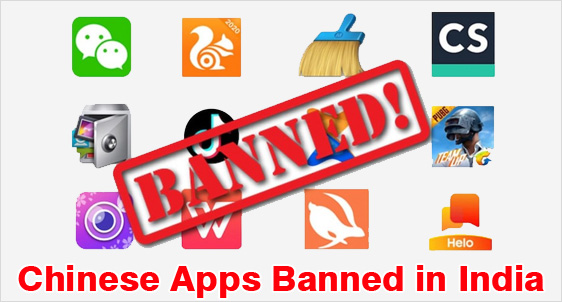App Banned

An app can be banned for various reasons, depending on the platform or regulatory authority imposing the ban. Some common reasons for app bans include:
Violation of Terms of Service: App stores like Apple's App Store and Google Play have strict guidelines and terms of service that developers must adhere to. If an app violates these terms, such as by containing inappropriate content, engaging in deceptive practices, or infringing upon intellectual property rights, it may be banned from the platform.
Security Concerns: Apps that pose security risks, such as containing malware, spyware, or vulnerabilities that could compromise user data or device functionality, may be banned to protect users' safety and privacy.
Copyright Infringement: Apps that infringe upon copyright or intellectual property rights, such as by distributing pirated content or using unauthorized trademarks, may face bans or legal action from copyright holders.
Violations of Laws or Regulations: Apps that violate local, national, or international laws or regulations, such as those related to gambling, illegal activities, or hate speech, may be banned by app stores or regulatory authorities.
Inappropriate Content: Apps containing explicit or offensive content, including pornography, hate speech, violence, or discriminatory material, may be banned to maintain app store guidelines and standards.
User Complaints: If users report issues with an app, such as poor performance, fraudulent behavior, or inappropriate content, app stores may investigate and take action, including banning the app if necessary.
Policy Changes: App stores may update their policies or guidelines, leading to the banning of apps that no longer comply with the new requirements.
Unfair Advantage: In some cases, app bans may occur due to unfair competition practices, such as manipulation of app rankings, fake reviews, or attempts to deceive users or app store algorithms.
Government Intervention: Governments or regulatory bodies may ban apps for reasons related to national security, public safety, or compliance with local regulations, censorship, or political reasons.
Technical Issues: Apps that consistently experience technical issues, crashes, or performance problems may be banned until the developer addresses these issues and ensures the app meets quality standards.
Overall, app bans aim to maintain the integrity, security, and quality of app stores and protect users from harm or exploitation. Developers are typically notified of the reasons for the ban and may have the opportunity to appeal or address the issues before re-submitting the app for review.
Thank you,